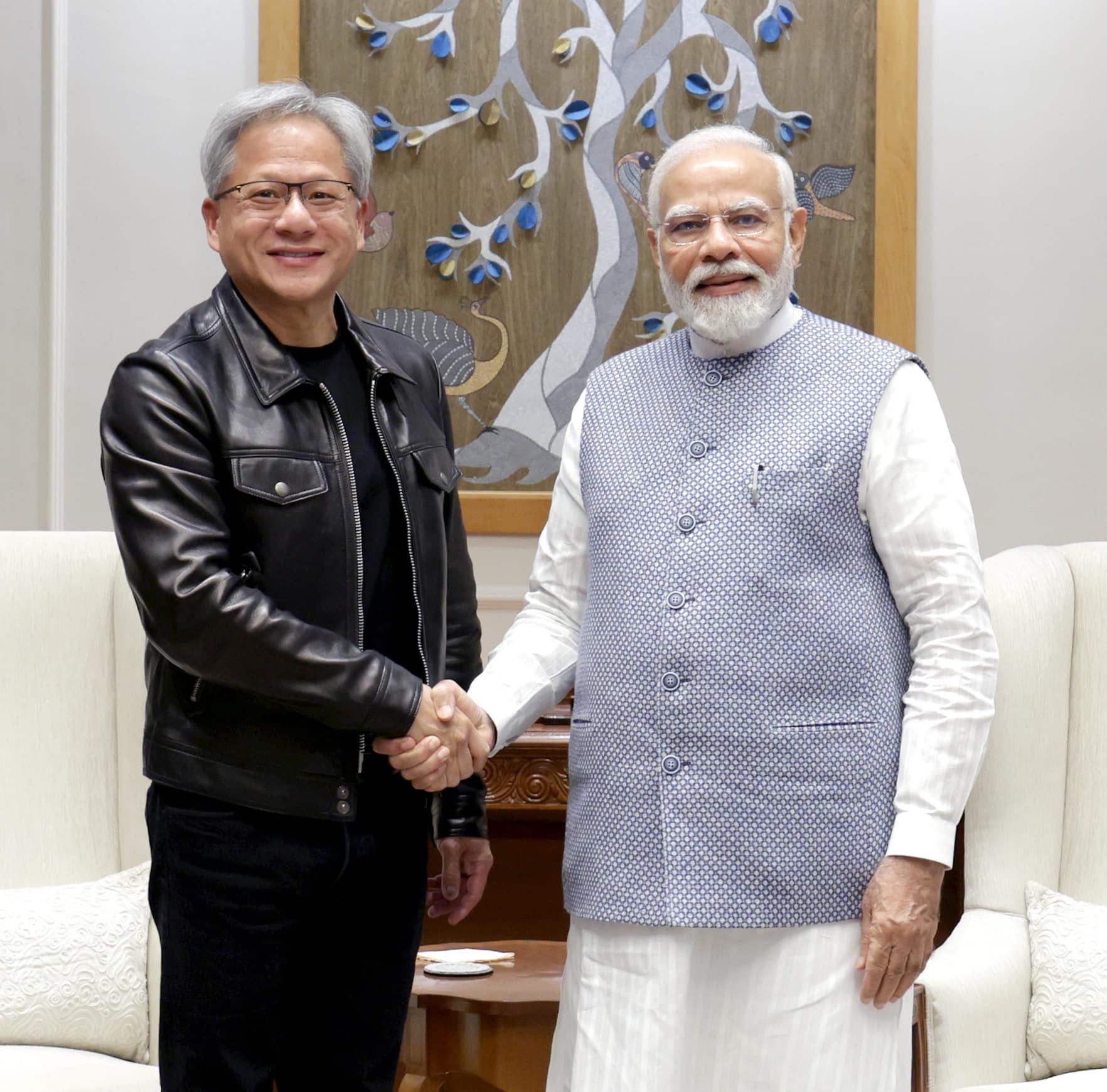
Jensen Huang's recent remarks highlighted nuclear power as an effective solution for handling the continuous and stable energy needs of AI infrastructures. Speaking on the topic, he emphasized that nuclear energy's low carbon footprint and capacity for consistent energy output make it a viable option for sustaining the demands of AI systems. Nvidia's data centers, like those of other tech giants, have seen a rapid spike in energy usage as AI workloads grow more complex. Traditional energy sources, such as fossil fuels and renewables like solar and wind, have struggled to keep up with the 24/7 operational needs of these centers, thus prompting a broader exploration of nuclear power.
Nuclear energy, while capable of delivering the required energy density, faces notable challenges including regulatory hurdles, high initial costs, and public perception issues related to safety. However, new developments in small modular reactors (SMRs) are offering promising solutions to these issues, with their scalability and lower setup costs providing a cleaner alternative to traditional fossil fuels. These reactors could potentially mitigate the drawbacks of conventional nuclear energy, making it more accessible to the tech industry.
Huang's endorsement of nuclear energy comes as part of a broader industry trend, with other major players also exploring nuclear power to meet their growing energy needs. Microsoft, for instance, has entered into a 20-year agreement with Three Mile Island to purchase nuclear power to fuel its AI operations by 2028. This deal, which ties into President Biden’s broader climate agenda, is seen as a pivotal moment in the tech industry's transition towards cleaner energy sources.
The push towards nuclear energy also intersects with geopolitical factors. Nvidia, like many tech firms, faces pressure from export controls and restrictions, particularly in relation to China. Navigating these political tensions while balancing energy demands has become a key consideration for companies like Nvidia, which seeks to continue supporting its Chinese clientele within the confines of U.S. regulations.
